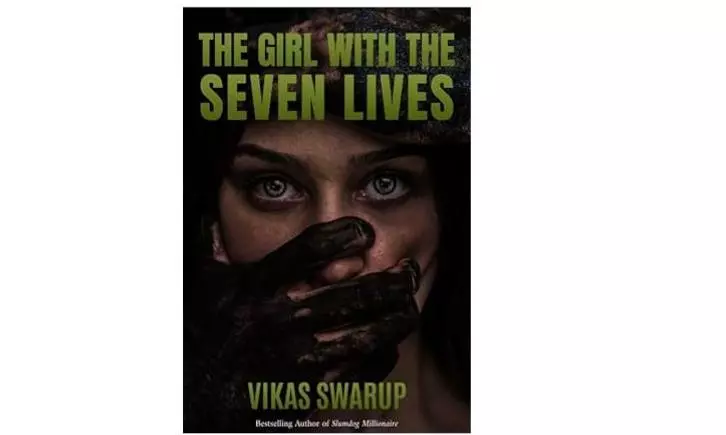Book Review | An uncle’s-eye view of modern India
A man ties a woman to a chair and runs a live auction where figures from her past bid money to decide her fate

A woman is kidnapped off the streets of Mumbai. When she comes to her senses, she finds herself tied to a chair in a nondescript basement. Masked, vengeful and sadistic, her captor has a camera trained on her. We learn that she is to confess to a series of crimes, stories from seven different episodes from her life, as he runs a live auction where figures from her past bid money to decide her fate.
Vikas Swarup’s first novel, Q&A, was adapted into Slumdog Millionaire. A charitable assessment of his latest is that it is an unreadable misfire which may be redeemed in the hands of a virtuosic screenwriter. Yet there is so much to lament in the novel’s utter disregard towards its reader that one must hold this not as an individual but a cascading, industry-level failure — of so much more than just imagination.
Swarup gives us the barest bones of a story — a young girl comes of age by living through tragedy after tragedy, pausing at the end of every episode to answer the questions her kidnapper poses. These stories, lurching across different ends of the country, have so little to do with the overall plot or outcome of the book, offering nothing by way of narrative tension or anticipation, that one may as well skip to the end, or mix and match them as one pleases.
There is much that one can excuse an airport thriller by way of pacing and plot, and often much to savour in a formula executed just right. It is harder to look past the endless cliches that swamp this novel, the thinly drawn characters or the spittle-flecked free association of Swarup’s prose. The plot rushes breathlessly at the guileless pace of a Salman Khan film, a novel in flashcards. One can accuse bestselling authors of writing with an eye already trained on potential screenplays. So light is Swarup’s worldbuilding in detail, his characters so chiffon-thin, that it is hard to look past this book as anything more than a cynical exercise in exactly that.
And what a poor film this would make, so empty as it is in any of the empathy or sensitivity required to explore the nature of violence. Swarup exposes the reader with such a litany of tragedies, brutality after brutality rendered without pathos or patience, that it has the effect of desensitising the viewer. Rape is used as a tool to fulfil the author’s most lurid, obvious fantasies of revenge. It never occurs to the novel to spend any time on its psychological or moral burden. I sat through this novel with a grimace. I was relieved when it was over.
The Girl with Seven Lives
By Vikas Swarup
Simon & Schuster
pp. 340; Rs 499

